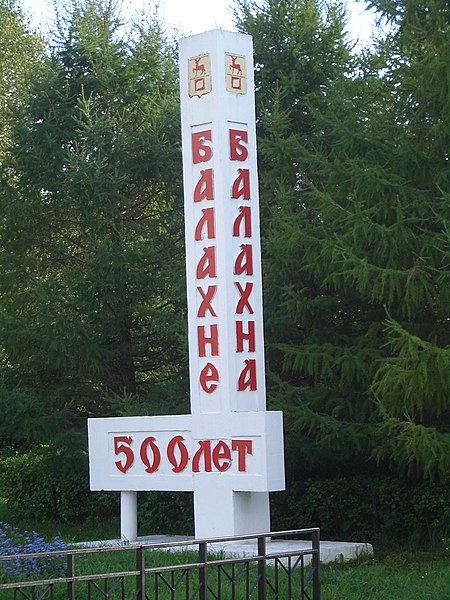In grammar, the vocative case is a grammatical case which is used for a noun that identifies a person being addressed or occasionally for the noun modifiers of that noun. A vocative expression is an expression of direct address by which the identity of the party spoken to is set forth expressly within a sentence. For example, in the sentence "I don't know, John," John is a vocative expression that indicates the party being addressed, as opposed to the sentence "I don't know John", in which "John" is the direct object of the verb "know".
Sign at Aberystwyth University in Welsh displaying use of the vocative case – myfyrwyr 'students' mutated to fyfyrwyr
A grammatical case is a category of nouns and noun modifiers that corresponds to one or more potential grammatical functions for a nominal group in a wording. In various languages, nominal groups consisting of a noun and its modifiers belong to one of a few such categories. For instance, in English, one says I see them and they see me: the nominative pronouns I/they represent the perceiver and the accusative pronouns me/them represent the phenomenon perceived. Here, nominative and accusative are cases, that is, categories of pronouns corresponding to the functions they have in representation.
On this sign in Russian memorializing an anniversary of the city of Balakhna, the word Balakhna (Russian: Балахна) on the right is in the nominative case, whereas the word Balakhne (Russian: Балахне) is in the dative case in Balakhne 500 Let ('Balakhna is 500 years old', literally '[There is] 500 years to Balakhna') on the front of the sign. Furthermore, let is in the genitive (plural) case.


